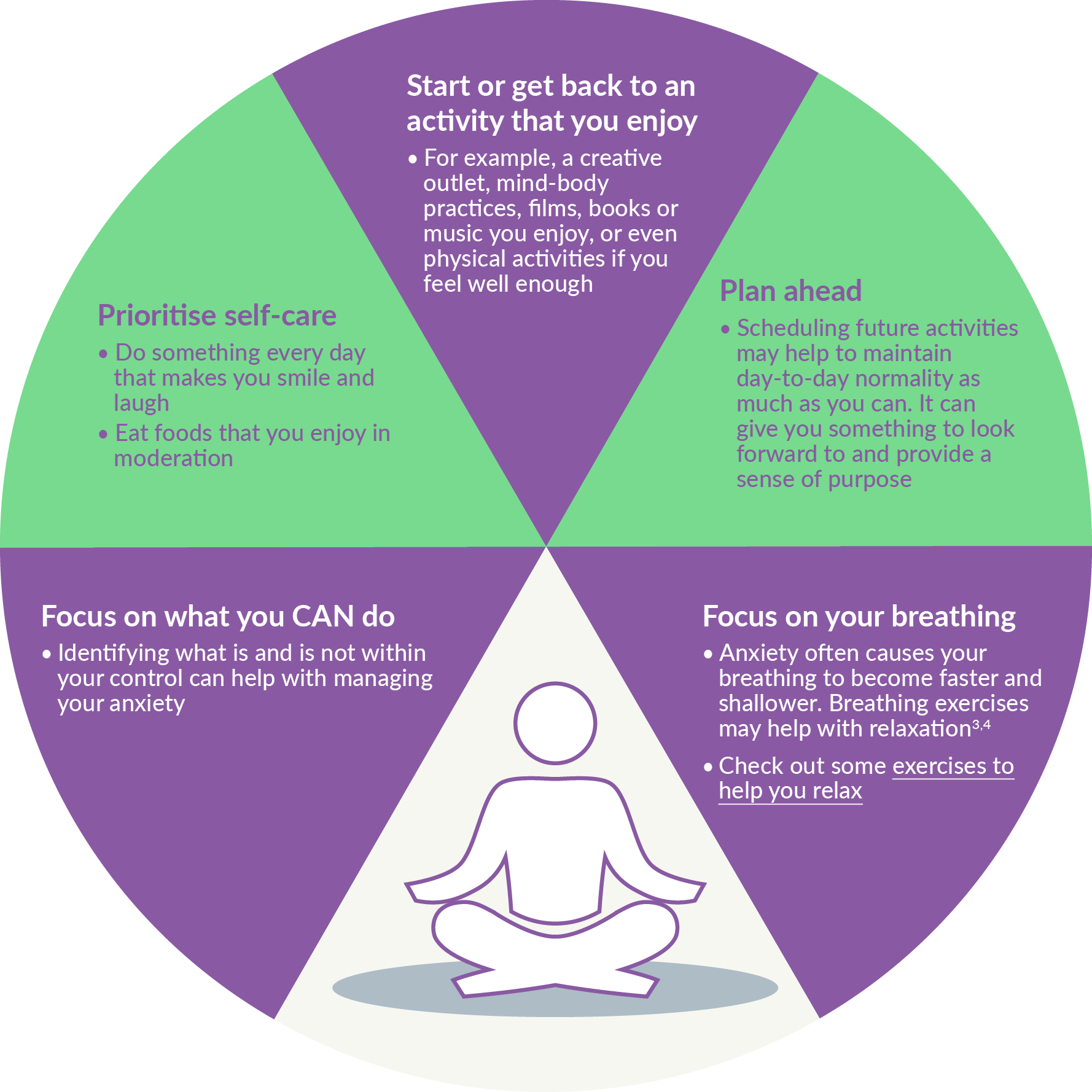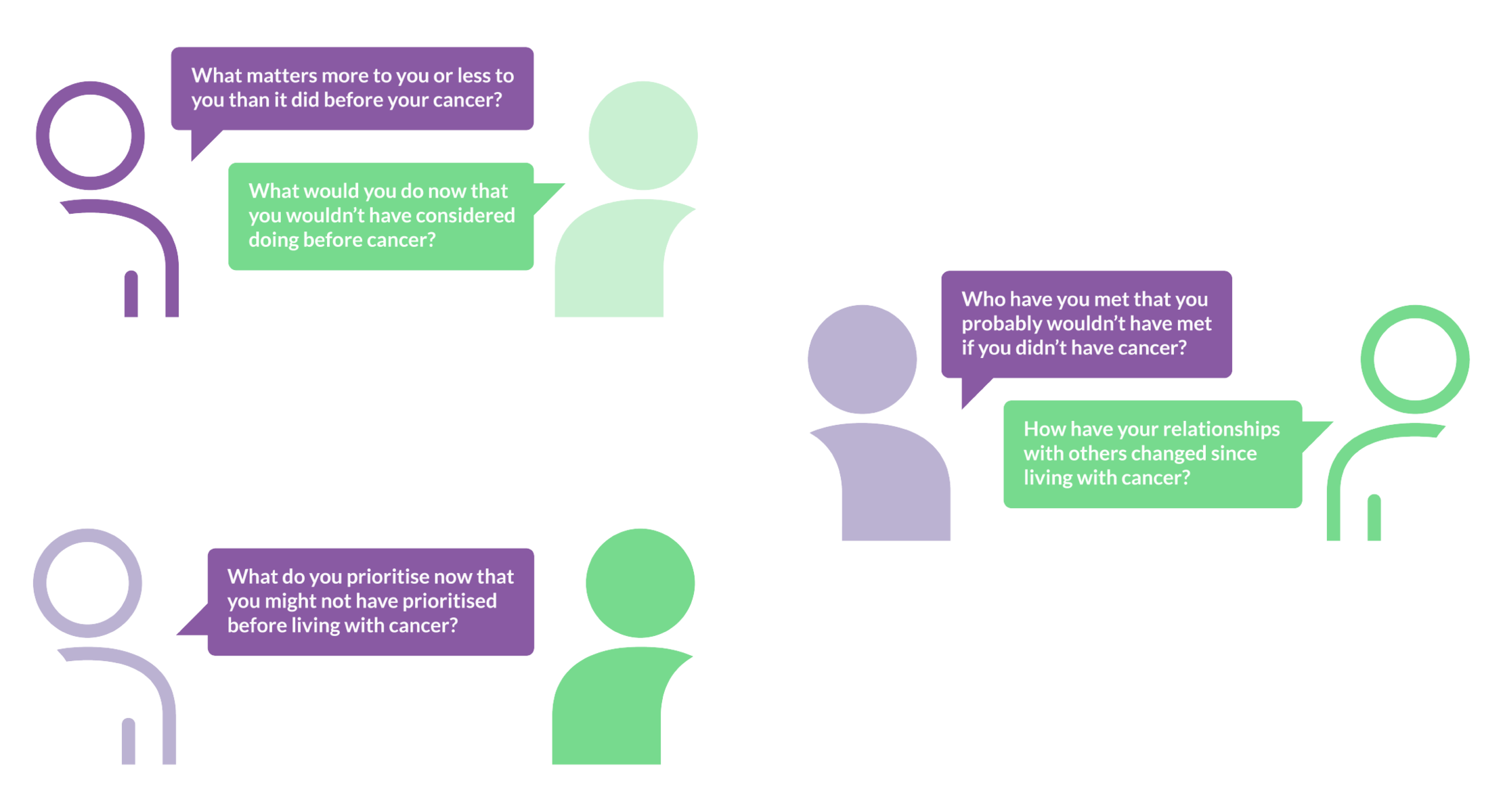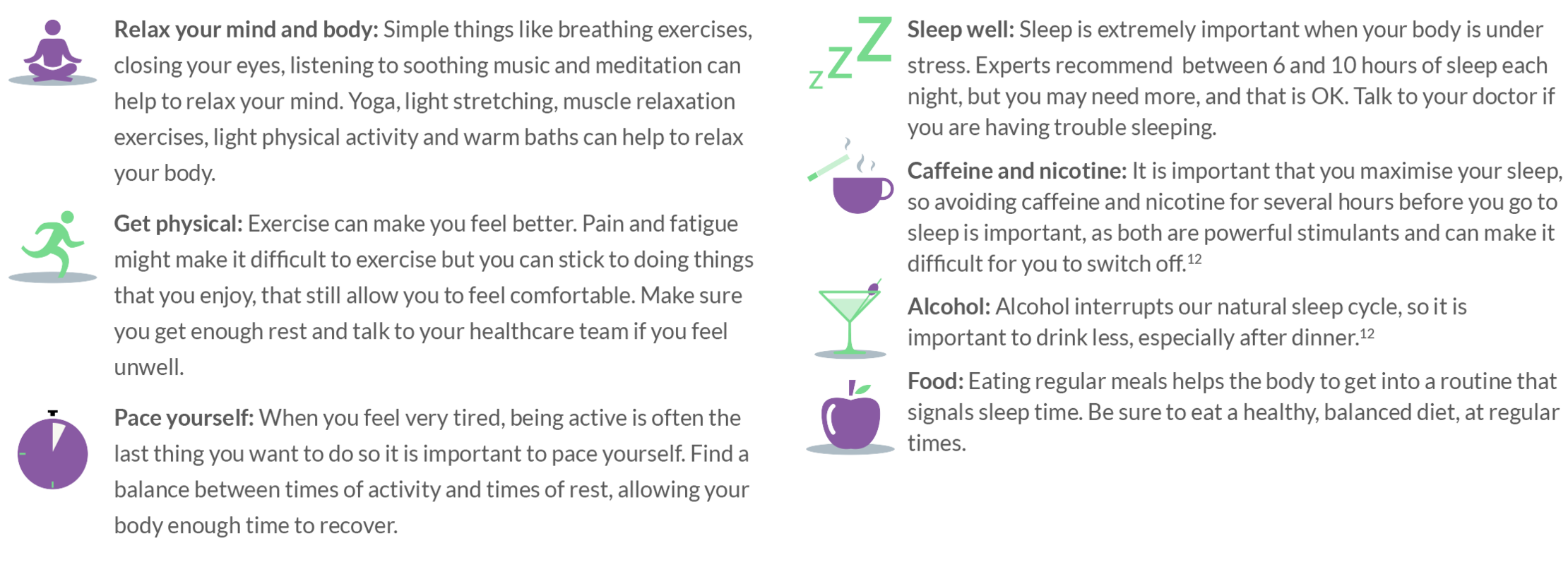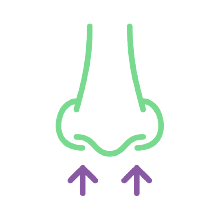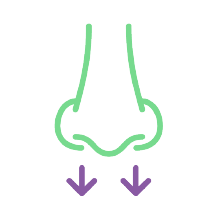
PIQRAY®▼ (alpelisib)
It is normal to feel a range of emotions after you receive your aBC diagnosis, but there are many things you can do to help ease any stress you may be feeling
CTA
Find out more >

PIQRAY®▼ (alpelisib)
Many people have found positive meaning after their diagnosis of aBC and this can help to guide people through some tough times
CTA
Find out more >

PIQRAY®▼ (alpelisib)
It is important to put yourself first. There are a range of simple things that you can do each day to help you feel and live better with aBC
CTA
Find out more >

PIQRAY®▼ (alpelisib)
Getting support to help you cope with living with aBC can make a significant difference to your physical and emotional wellbeing
CTA
Find out more >

PIQRAY®▼ (alpelisib)
Talking with people about your aBC can be difficult as it is an emotional topic. There are things you can do to help make talking to loved ones easier
CTA
Find out more >
